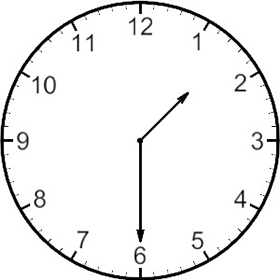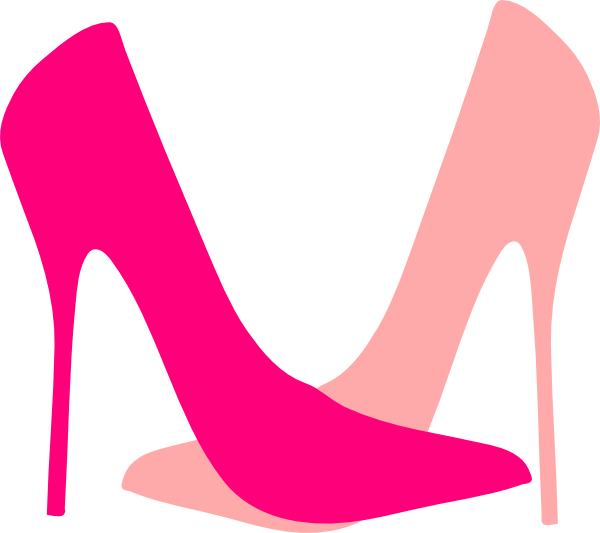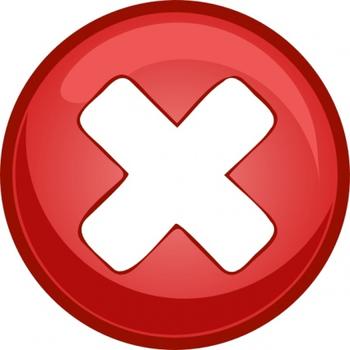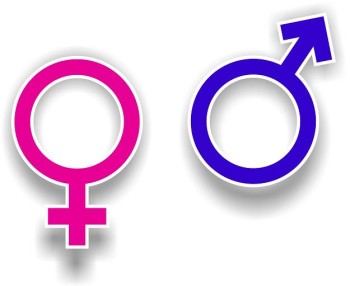
People who think life is terrible now lack perspective.
Life is terrible now? Compared to what???
This isn't to minimize individual tragedies, pain, loss, trauma, or horrors. I'm talking about the world in general, especially the West. If you read other entries in this blog, you see that I'm definitely not someone who advocates that people have children unless they really, really want them and can provide them a good home. But when I see people say the world is too messed up and that's why they're not having children, it defies understanding of history.
For most of human history, just about everyone worked - hard and usually physical labor with dangers - from about the time they could walk until they died. They worked long hours and six or seven days per week. Vacations? What are those??? Life was hard, it was very limited, and it was short. You lived your entire life in the place you were born, upward mobility wasn't much of a thing, your options for just about everything in life were far more limited than they are now. Rest, relaxation, leisure were in short supply. A disability was much more likely to mean an even more limited and shorter life. Treatment options for injuries, illnesses, and physical problems were very limited compared to now.
Personal net worth and access to goods and services was generally a tiny fraction of what it is now.
War, violence, famine, barbarity, corruption, oppression, injustice, disease, dealing with threats from animals and severe weather are the default state of human life; it is only by hard work at civilization that these things have been limited, when and where they have been. And they have been.
When people think of things they think they like about the past, it is always taken out of the larger context.
Just one of many examples today are Generation X people (and older) who reminisce about the 1980s. Maybe they'll mention the music, the movies, the television shows, video games, restaurant chains, or something along those lines. But that drops the context of the looming threat of nuclear world war, HIV seemingly poised to become a pandemic as a certain death sentence, and, conversely, countless other things we've enjoyed since, and just about all the works of art and entertainment enjoyed then are still available to enjoy now in some form.
There are a couple of major things that especially seem to dampen the outlook of younger adults and adolescents: education costs and housing costs. It's true that those have far outpaced inflation. As far as housing goes, there isn't really much new land being made. But we have plenty of land. It's really regulations that slow or prevent the construction of "enough" new units. This is, indeed, one of many problems with big government. Hopefully, this problem will be reduced somewhat by replacing existing apartment and condo buildings with taller ones, adding housing units to struggling malls, converting some floors of commercial high rises to housing, and with slowing population growth. Education costs are high because of what essentially amounts to cartels and government interference. There's no good reason educational costs shouldn't have decreased in comparison to inflation with the rise of technology.
Many other things darken the assessment of people of various ages, depending on their focus. One of the most oppressive for the Left and those who believe Leftists and their messengers is the dire pronouncements of climate change as an existential threat. A constant assertion that climate change is behind various present ills and is on course to destroy the habitability of Earth in the near future is, by itself, enough to cause someone to decide things are terrible now. The dire predictions are hype, though, intended to get people on board with enlarging government, higher taxes (including hidden ones), printing and borrowing more money, and losses in liberty. Innovation, if allowed, will continue to address real environmental concerns.
And that takes me to other people who think things are terrible now: those who value limited government. Many of them see the government is getting ever larger and more intrusive.
Some religious moralists see the de-stigmatization of casual sex and cohabitation, LGBTQ+ political and cultural activism advancements, plummeting marriage rates, the ubiquity of porn, the increased legalization of recreational drugs and gambling as signs everything is falling part, while on the flip side others fret about "Christian nationalism" and the fact that someone might have to travel to another state to legally obtain an elective abortion or get their child a castration.
Some people worry endlessly about who is President or could possibly become President enough that they waste their life doing it.
And there are the people who, looking at the things above and other examples, fear that society has fractured into conflicting extremes, none of which are an appealing association.
Identity politics teaches people to think of themselves or their neighbors as perpetual victims of oppressive systems and that they are surrounded by people who actively hate them and want them dead. That can be very discouraging.
But "everything is terrible now" requires a lack of perspective.
Yes, there are real problems. Yes, there are setbacks sometimes. But overall, life is much better than it was 80, 100, 200, 500 or more years ago. People, whether male or female (or even if they think they're something else), whatever their skin color and whichever adult to whom they're attracted, have far more opportunities and a far higher standard of living than their ancestors did.
Your news source and your activist organizations thrive on bad news, alarmism, and scare tactics. Big business, which advertises, wants you to think your life is terrible but will get better if only you buy enough of their goods and services, and how much is enough is always "just a little more."
You're better off keeping some perspective. This is just one site that might help you with that.



